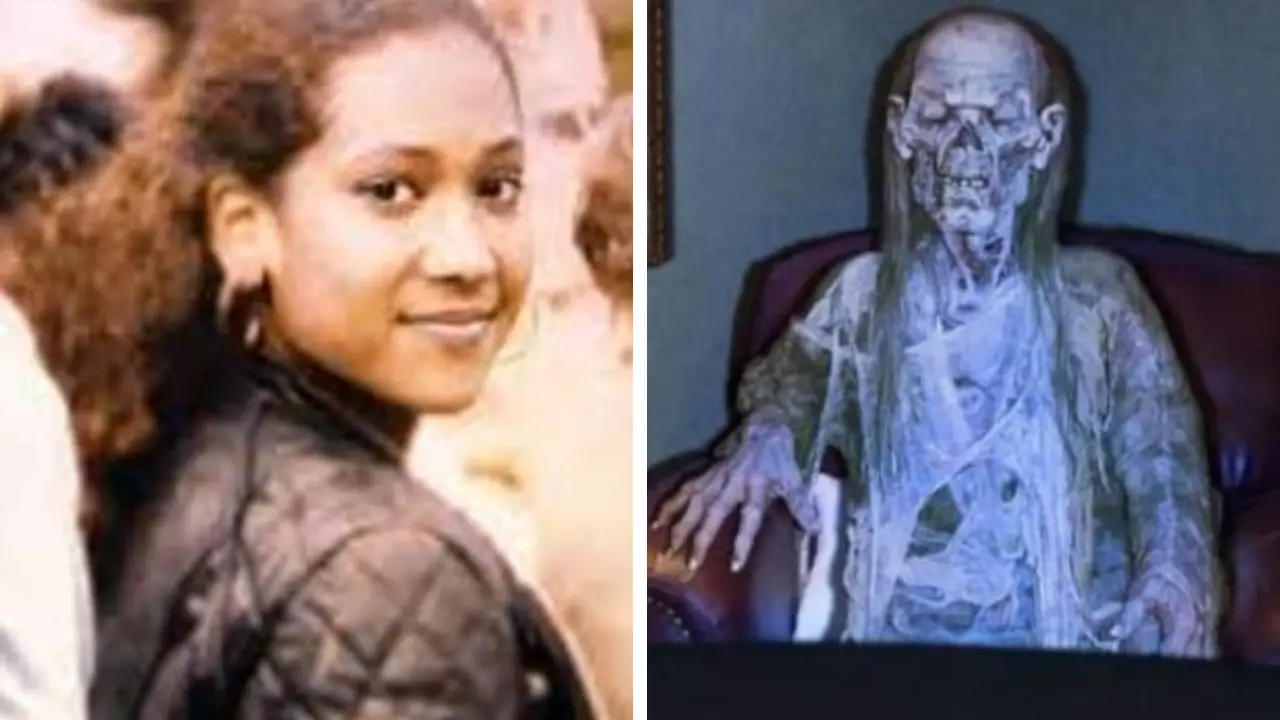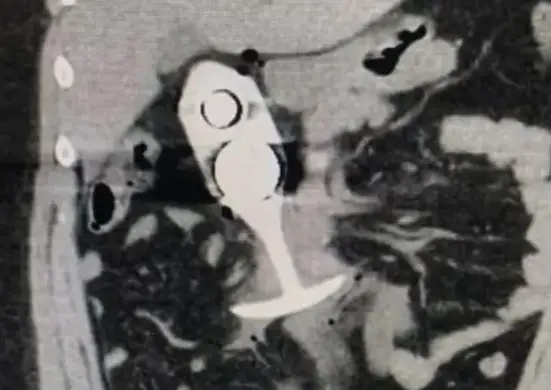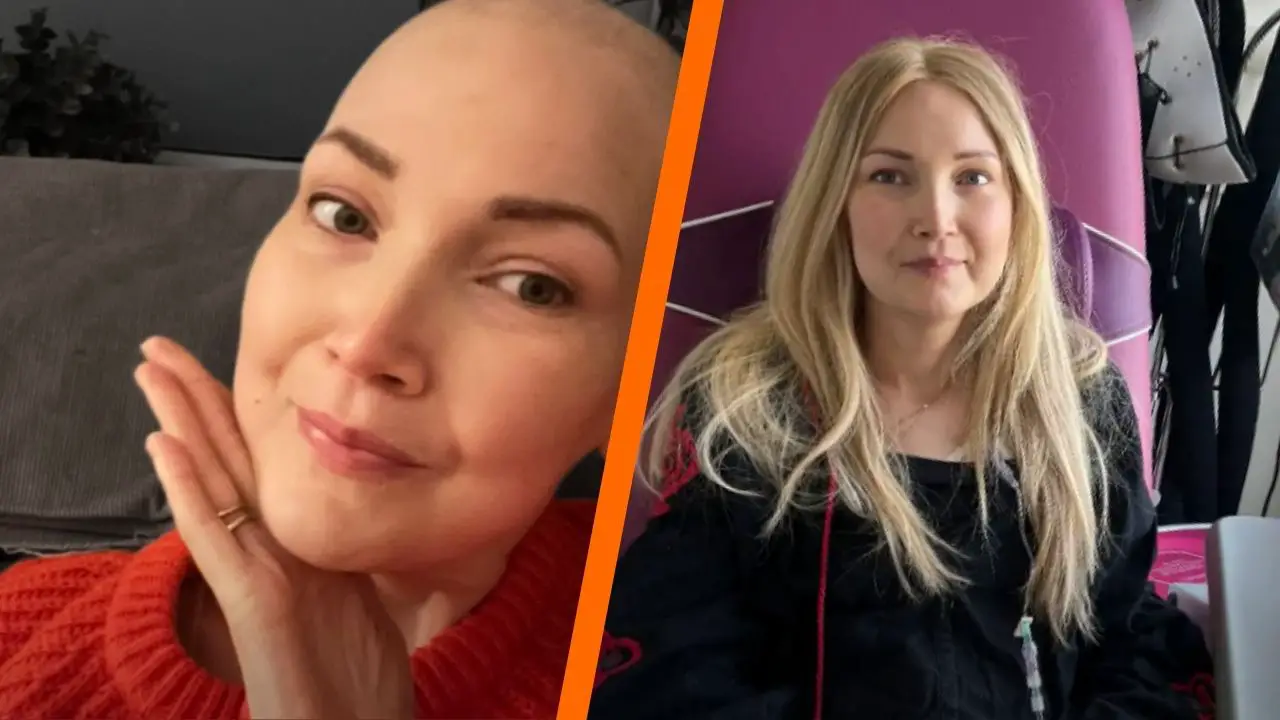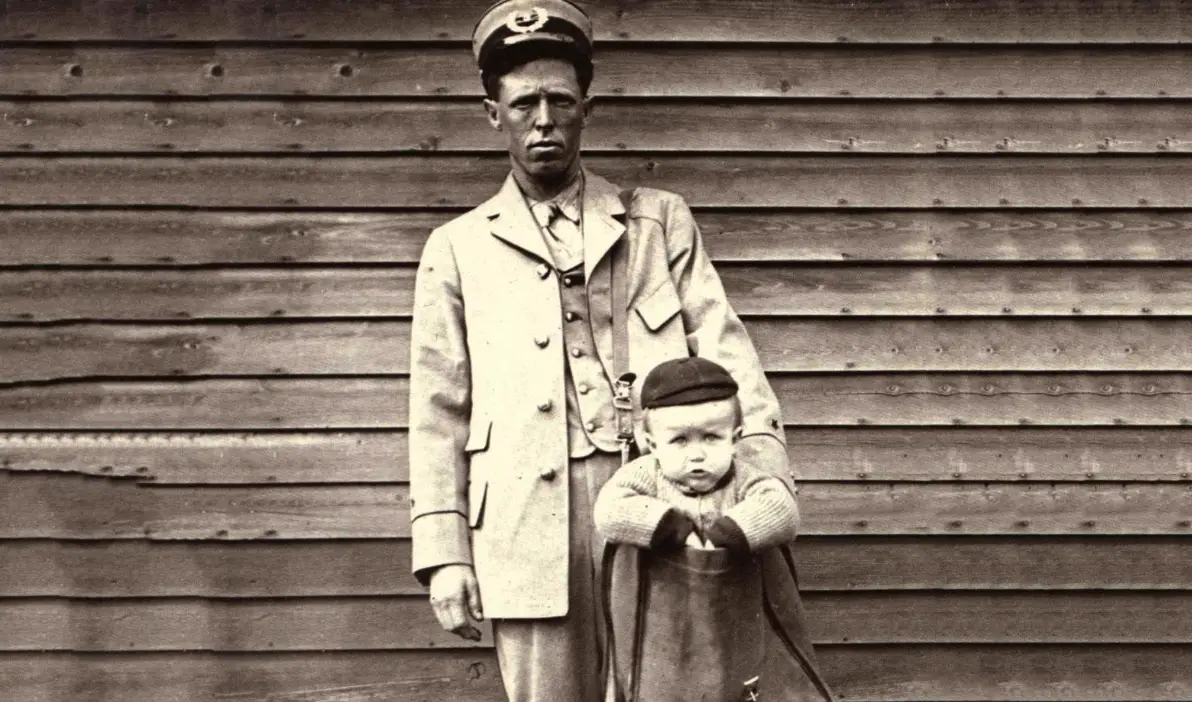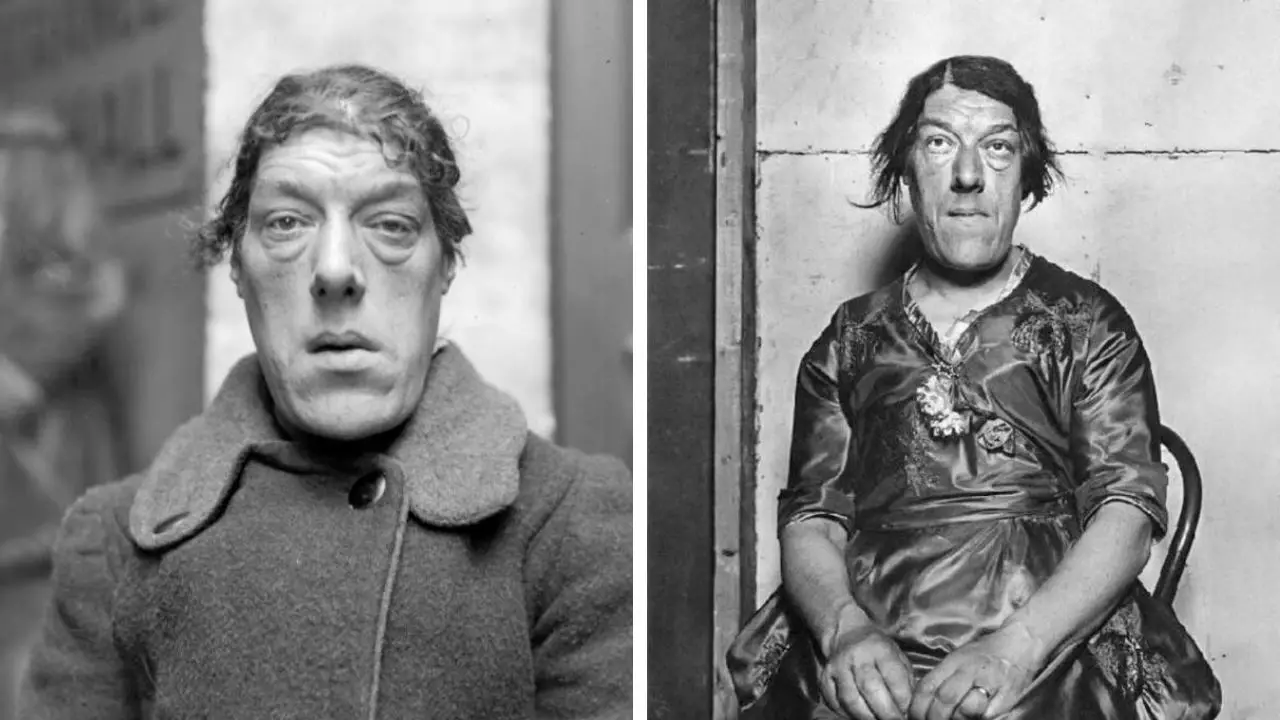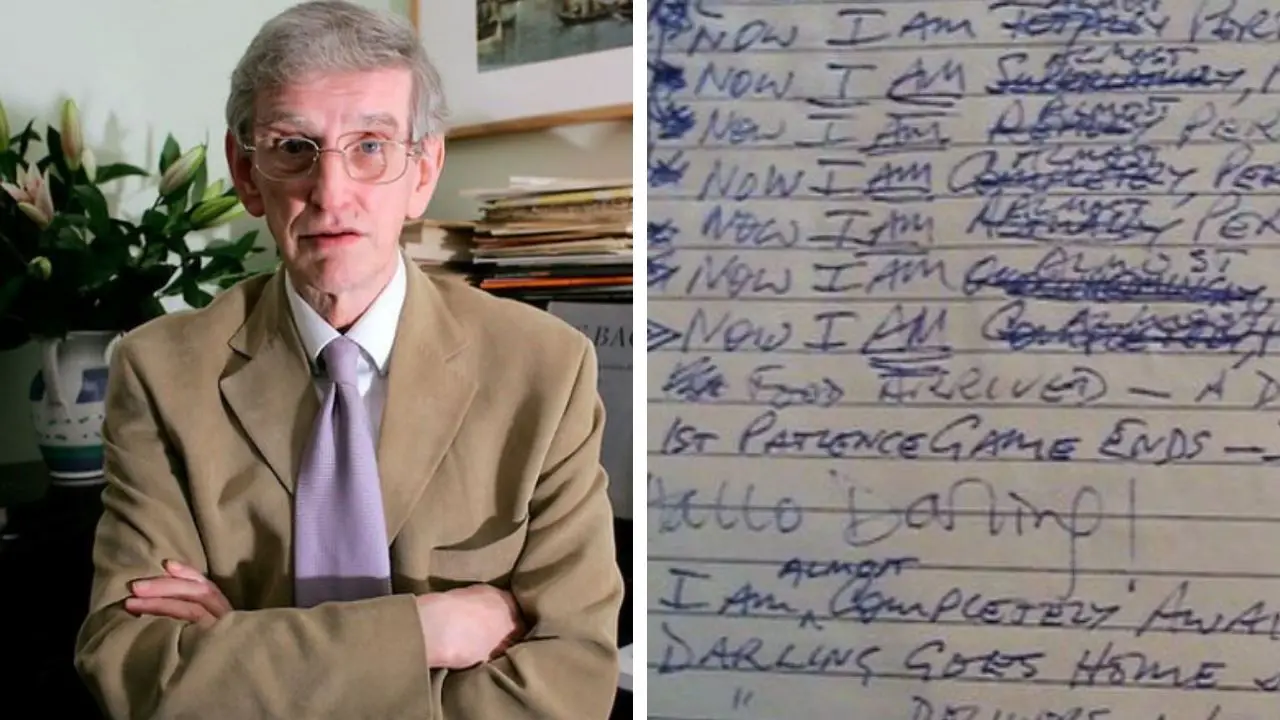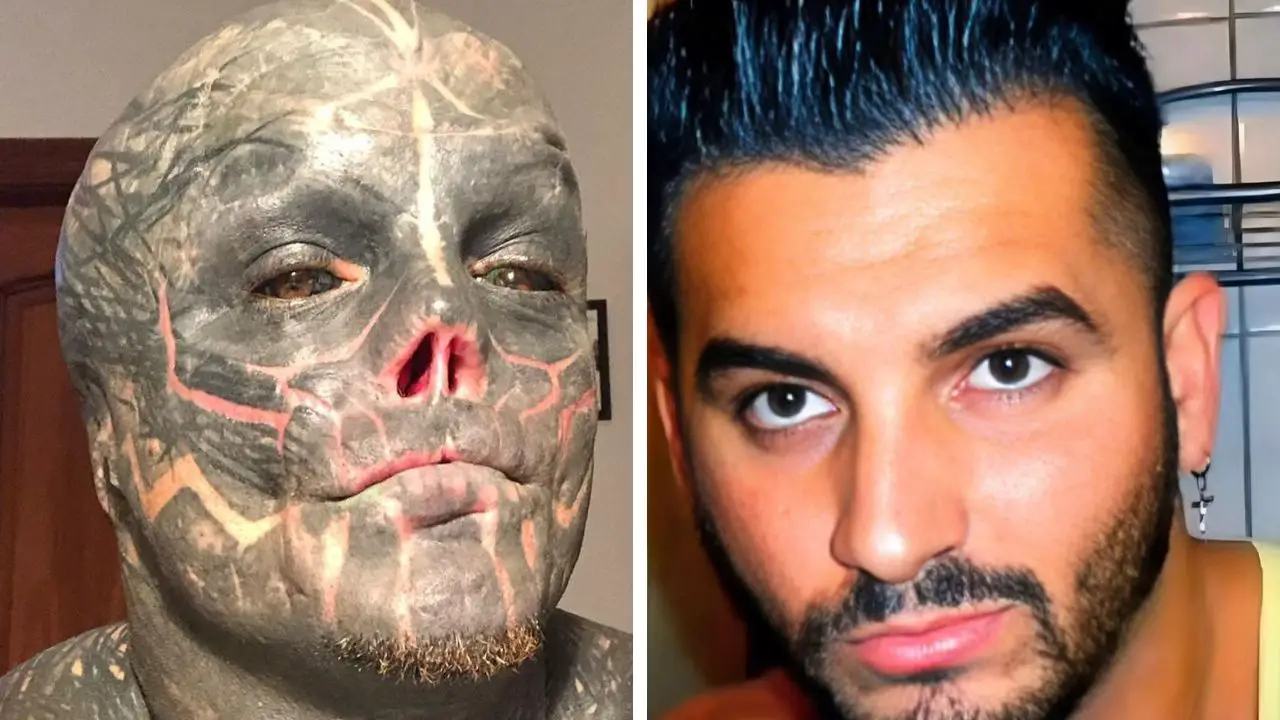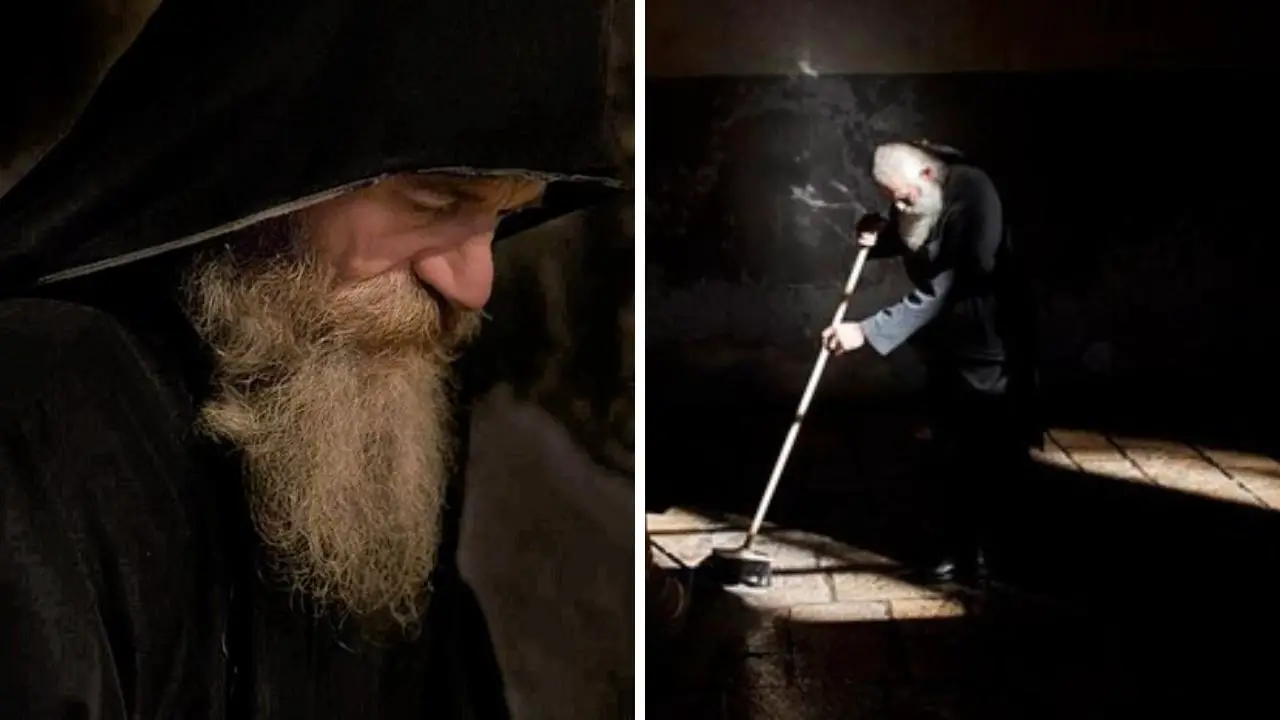Couple married for 66 years chose to die on the same day by legal suicide
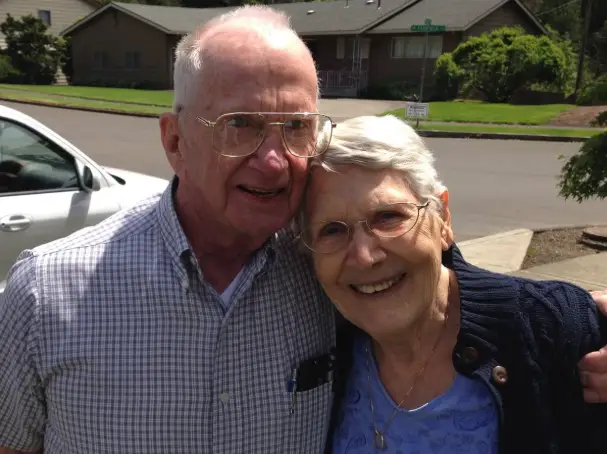
In April 2017, Charlie and Francie Emerick, a couple married for 66 years, made a profound decision.
Facing terminal illnesses, they chose to end their lives together through assisted suicide, a legal option in their home state of Oregon.
Their story, captured in a documentary by their daughters, sheds light on the deeply personal and controversial topic of assisted dying.
This account explores their lives, their decision, and the broader implications of their choice.
A Lifetime Together
Charlie and Francie Emerick’s love story began in 1947 at York College, where they met as students.
They married on April 4, 1951, during their senior year, embarking on a life filled with adventure and service.
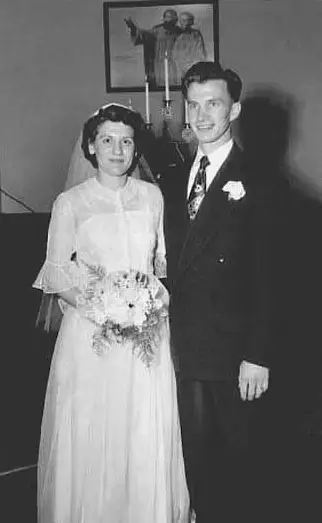
After Charlie completed his medical training, the couple served as medical missionaries in Miraj, India, in the 1960s.
There, Charlie established an ear, nose, and throat (ENT) department, while Francie contributed to public relations and marketing at a local hospital.
Back in the United States, Charlie became the chief of ENT at Kaiser Permanente in Portland, Oregon, retiring in 1990.
Francie, primarily a homemaker, supported their family and community. Their marriage was marked by mutual support and deep companionship.
As they aged, their bond grew stronger. Charlie, diagnosed with Parkinson’s disease in 2012, relied on Francie for support, while Francie, with her heart conditions, depended on Charlie.
Their daughters described them as each other’s best friends, with Charlie being Francie’s eyes and Francie being Charlie’s ears in their later years.
Facing Terminal Illnesses
By early 2017, both Charlie and Francie faced dire health prognoses.
Francie, 88, had suffered multiple heart attacks and had a history of heart disease. She also battled lymphoma in 2009, which was treated successfully.
Charlie, 87, was dealing with prostate cancer, diagnosed in 2006 and treated, Parkinson’s disease, and heart problems.
In early 2017, two separate doctors confirmed that both had six months or less to live. The prospect of prolonged suffering and separation was unbearable for the couple.
Having been together for over six decades, the thought of one dying without the other was deeply distressing.
They had long been advocates for the right to die, having joined The Hemlock Society in the 1980s, an organization that supported the right-to-die movement.
This advocacy shaped their decision to pursue assisted suicide together.
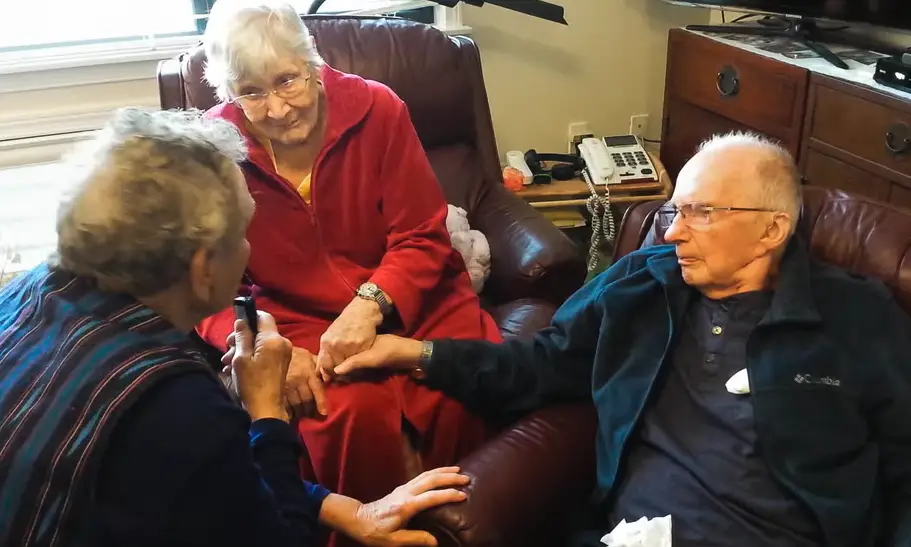
The Decision to Die Together
Oregon’s Death with Dignity Act, legalized in 1997, provided a legal framework for terminally ill patients to end their lives with dignity.
The law allows Oregon residents with a terminal disease and a prognosis of six months or less, who are capable of making and communicating health care decisions, to request a prescription for lethal medication.
Charlie and Francie saw this as a way to maintain their dignity and avoid prolonged suffering.
Their daughters, Sher Safran, 62, and Jerilyn Marler, 66, supported their parents’ choice. They believed it reflected their parents’ lifelong commitment to each other.
The family decided to document the process, hoping to share their story and spark conversation about end-of-life choices.
The Legal Process
The process to obtain lethal medication under Oregon’s law is rigorous. It requires two physicians to confirm the patient’s diagnosis, prognosis, and mental competency.
Patients must make multiple requests, both oral and written, and there is a mandatory waiting period of at least 15 days.
The patient must also be able to ingest the medication themselves, ensuring autonomy in the final act.
Charlie and Francie underwent these evaluations, confirming their intent multiple times.
They were assisted by Linda Jensen from End of Life Choices Oregon, an organization that supports individuals navigating assisted dying.
The process ensured their decision was voluntary and well-considered, aligning with their values and beliefs.

Final Moments
On April 20, 2017, Charlie and Francie took their final doses of medication in their bed, holding hands.
Francie passed away within 15 minutes, a testament to her weakened heart. Charlie followed an hour later, ending his struggle with Parkinson’s and cancer.
Their daughters and son-in-law, Rob, were present, capturing the moments for a documentary titled Living & Dying: A Love Story.
Six days before their death, the family gathered for a final celebration, enjoying root beer floats at Francie’s request.
The gathering included their children and grandchildren, a moment of love and farewell.
There was no funeral, as the couple chose to donate their bodies to Oregon Health & Science University for medical research, reflecting their lifelong commitment to service.
| Detail | Information |
|---|---|
| Names | Charlie Emerick, Francie Emerick |
| Age at Death | Charlie: 87, Francie: 88 |
| Length of Marriage | 66 years, married April 4, 1951 |
| Date of Death | April 20, 2017 |
| Method of Death | Assisted suicide under Oregon’s Death with Dignity Act |
| Health Conditions | Francie: Heart disease, multiple heart attacks, lymphoma (2009, treated); Charlie: Parkinson’s (2012), prostate cancer (2006, treated), heart problems |
| Prognosis | Both given 6 months or less to live in early 2017 |
| Children | Three daughters, including Sher Safran (62) and Jerilyn Marler (66) |
| Documentary | Living & Dying: A Love Story |
| Body Donation | Oregon Health & Science University |
Legacy and Impact
The Emericks’ story, detailed in TIME and Daily Mail, has sparked widespread discussion about assisted suicide.
Their documentary aims to change perspectives on dying, emphasizing quality of life over duration.
Sher Safran noted, “They had no regrets, no unfinished business. It felt like their time, and it meant so much to know they were together.”
However, the documentary faced criticism from groups like Not Dead Yet, who argue that assisted suicide could lead to coercion or abuse, particularly for vulnerable populations.
Some family members also expressed reservations, reflecting the complexity of the issue.
The Emericks were the only couple to die together simultaneously under Oregon’s law in 2017, highlighting the rarity of such cases.
The Debate on Assisted Suicide
Assisted suicide remains a contentious issue globally. Supporters argue it offers a humane option for those with terminal illnesses, allowing them to die on their terms.
In Oregon, the Death with Dignity Act has facilitated 1,300 deaths since 1997, with 143 in 2017 alone.
The state’s strict regulations aim to ensure voluntary and informed decisions.
Opponents, including organizations like Not Dead Yet, raise concerns about potential misuse.
They fear that societal pressures or inadequate safeguards could lead to vulnerable individuals feeling compelled to choose death.
The debate is further complicated in cases involving dementia, where capacity to consent is uncertain.
Charlie and Francie Emerick’s decision to die together was a testament to their lifelong love and commitment.
Their story, while deeply personal, raises broader questions about autonomy, dignity, and the right to choose one’s end.
As society grapples with these issues, their legacy—captured in their daughters’ documentary—offers a poignant perspective on the human experience of facing mortality.




